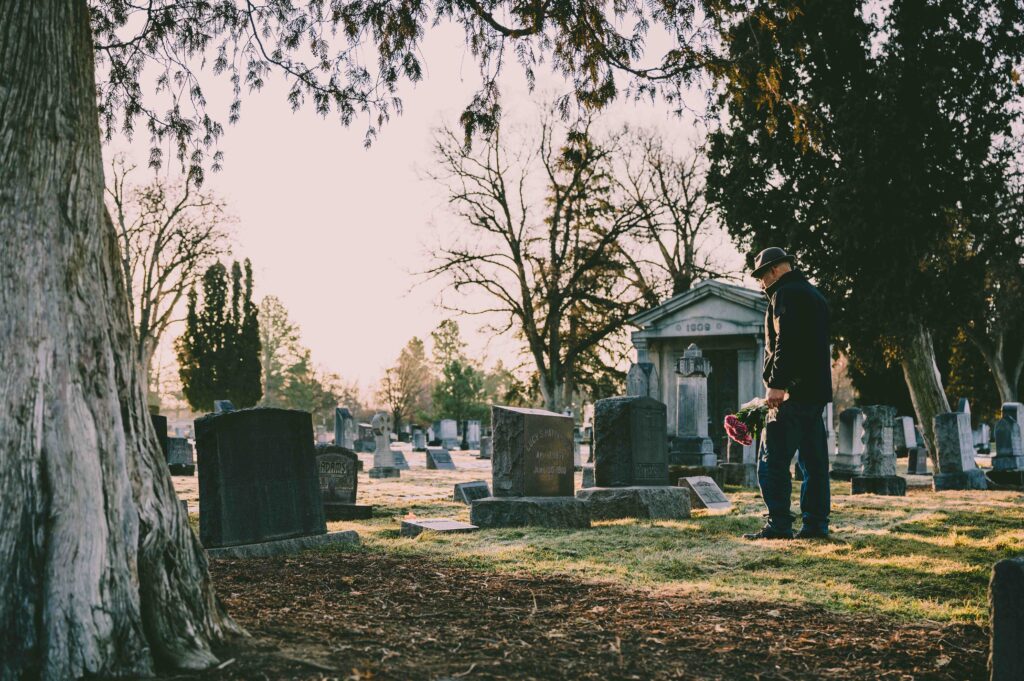
A very good friend of mine died recently in an accident and I am still having trouble dealing with the grief. I’m in my 30s and previously had an active social life. But now I feel weepy, down, and I would rather go home to bed than go out. It’s six weeks since his death, and people say I should be over it by now.
These people want you to be over it because they feel uncomfortable with your grief. They don’t know how to deal with loss. Their advice does not come from concern for you; it comes from a desire to avoid their own unresolved pain. They do not process their emotions, they bury them. Your grief triggers these repressed feelings.
Unfortunately, these friends are not capable of compassion. Compassion is an ability to be with someone when they are suffering. Compassionate people do not feel the other person’s pain. They know that is impossible. Each of us suffers in our own unique way. Compassionate people accept that suffering is a natural part of life and understand your need to go through these emotions. They listen and spend silent time with you. They don’t tell you how to feel.
Some people think we can get stuck in a state of grief. We do not. What we do get stuck in is a state of avoiding grief. This occurs when we have experienced a loss but we do not fully feel the pain of that loss. Once we surrender to our grief and feel the hurt in our body, we are on the way to acceptance and peace.
Of course you don’t feel like going out and socialising. You are sad. You have lost a good friend. It is appropriate to stay home and work through your grief. Don’t avoid your sadness. Think about your friend and what you have lost. Cry. Cry every day until you don’t feel the need to cry any more.
Loss of a loved one exposes us to our own tentative hold on life. We too will die. This is the time we ask the big questions. Ask them. Why did my friend die? What is life about? Does my friend still exist in some way?
Now go looking for the answers. You will be surprised. With a truly open mind you will find all the answers. They are available in books, on the Internet, and deep inside your own calmed mind.
If you are scientifically minded, look at the latest theories by the physicists. Accompany that with eastern philosophy, western theology and the research into the afterlife done by Dr Gary E. Swartz, Dr Cherie Sutherland, Professor Ian Stevenson, Judy and Bill Guggenheim, Thomas Campbell’s you tube videos and the Monroe Institute. As well, there are plenty of anecdotal reports in any library.
The person looking with a truly open mind will find stacks of evidence showing that our consciousness does survive our physical body.
Struggling with your mental health? North Brisbane Psychologists can help. Book an appointment today!
